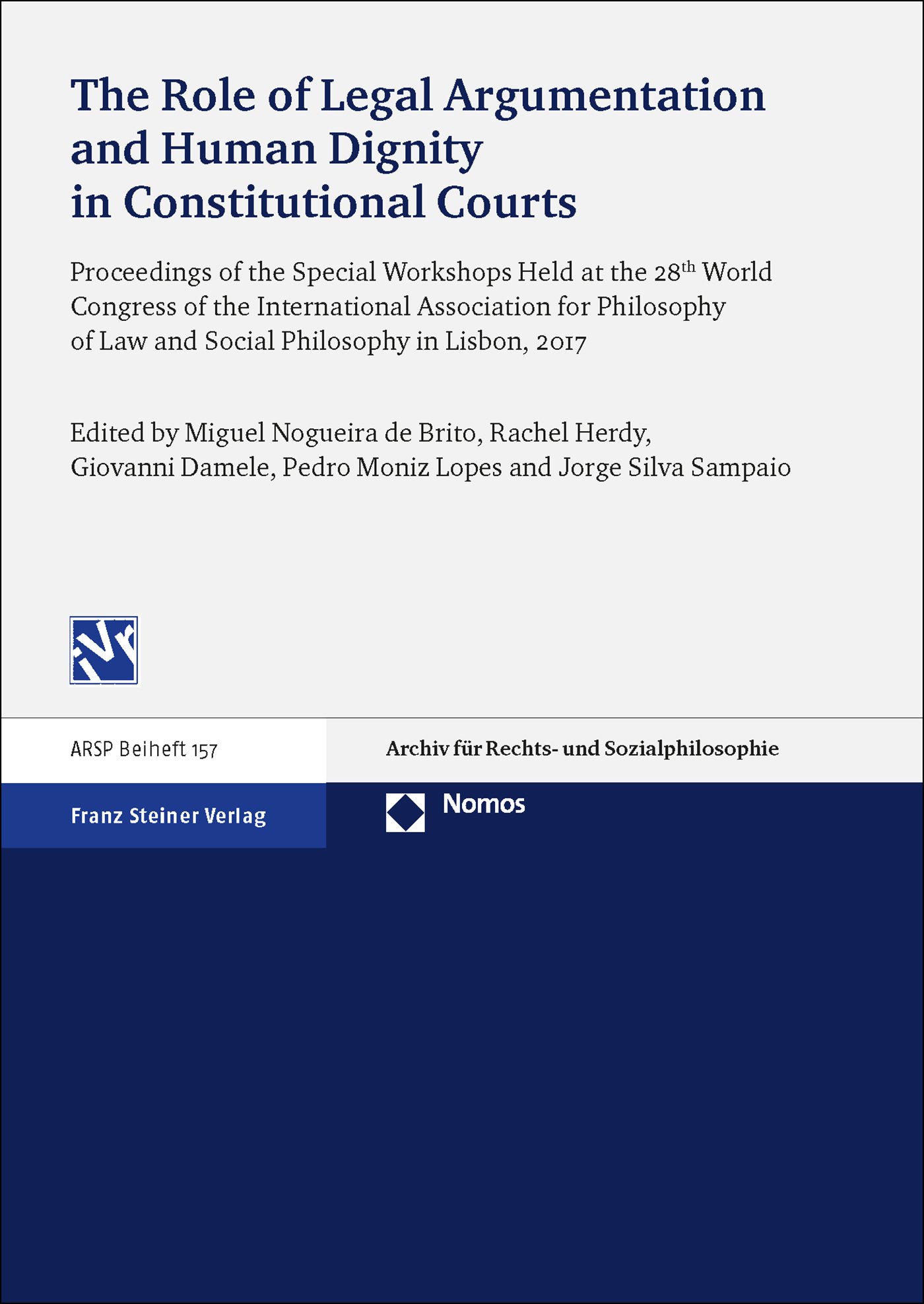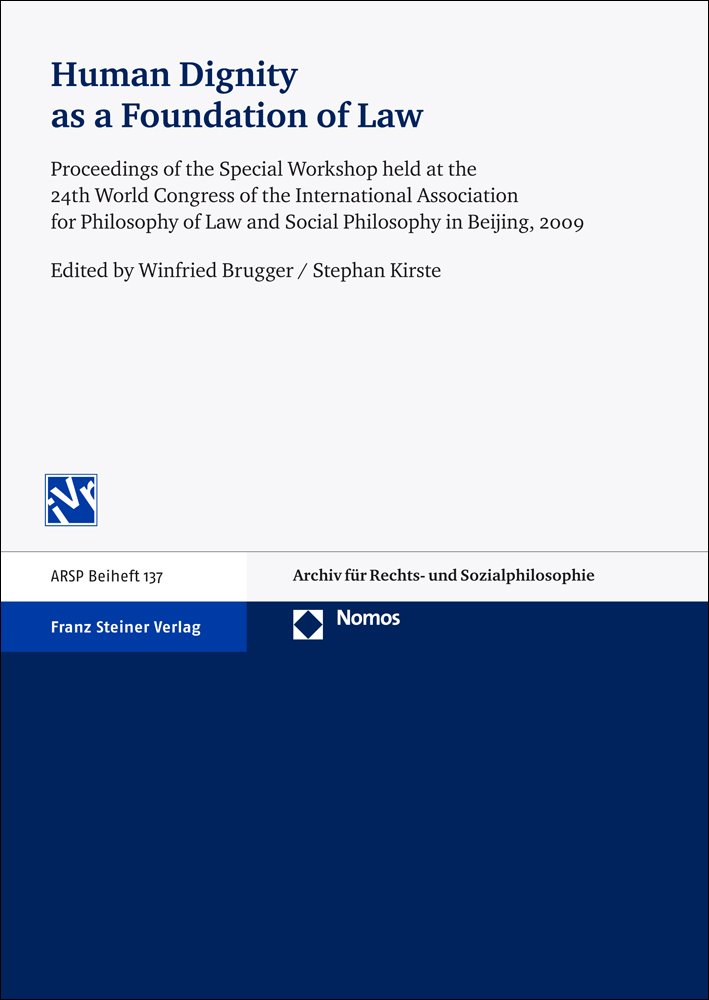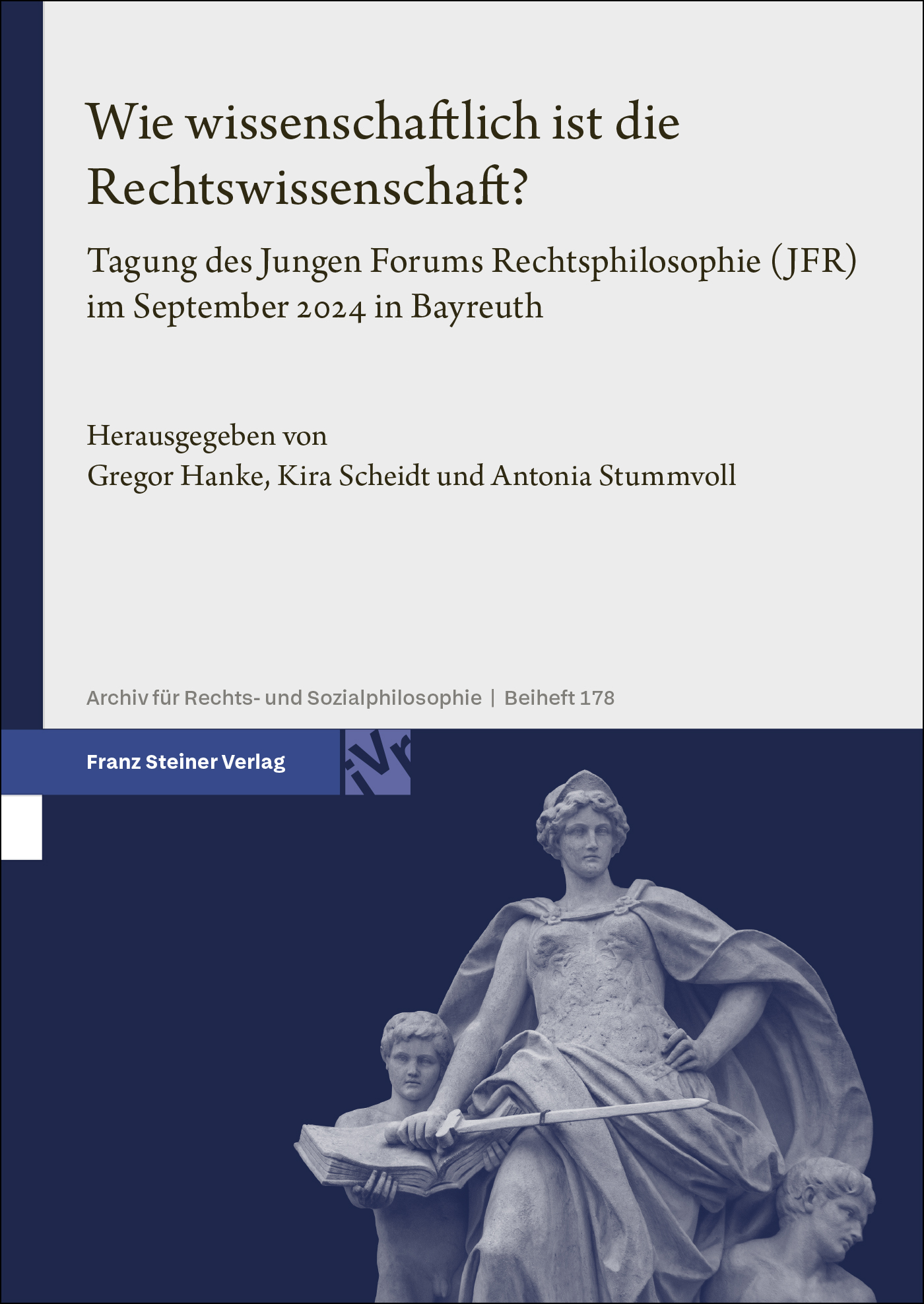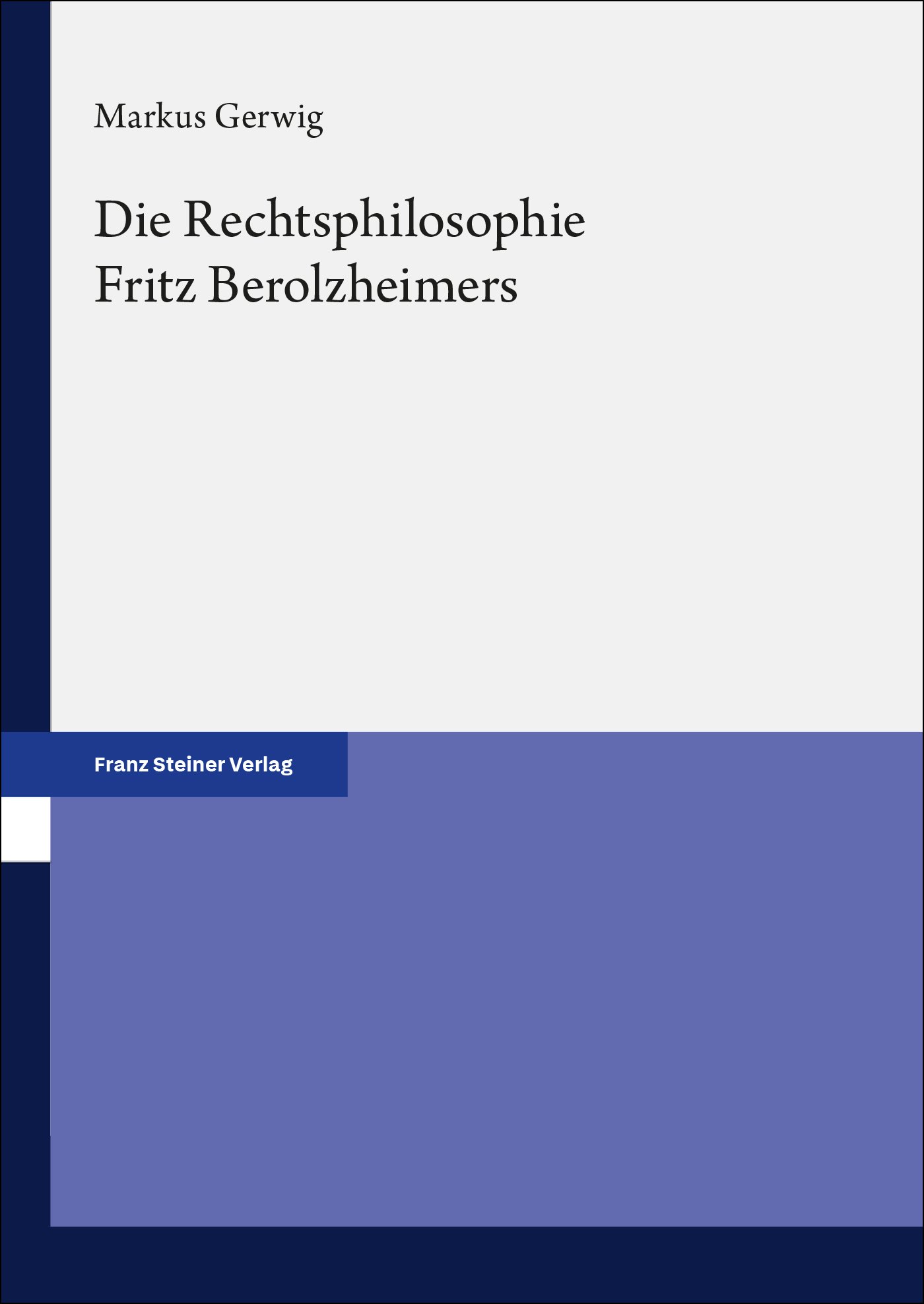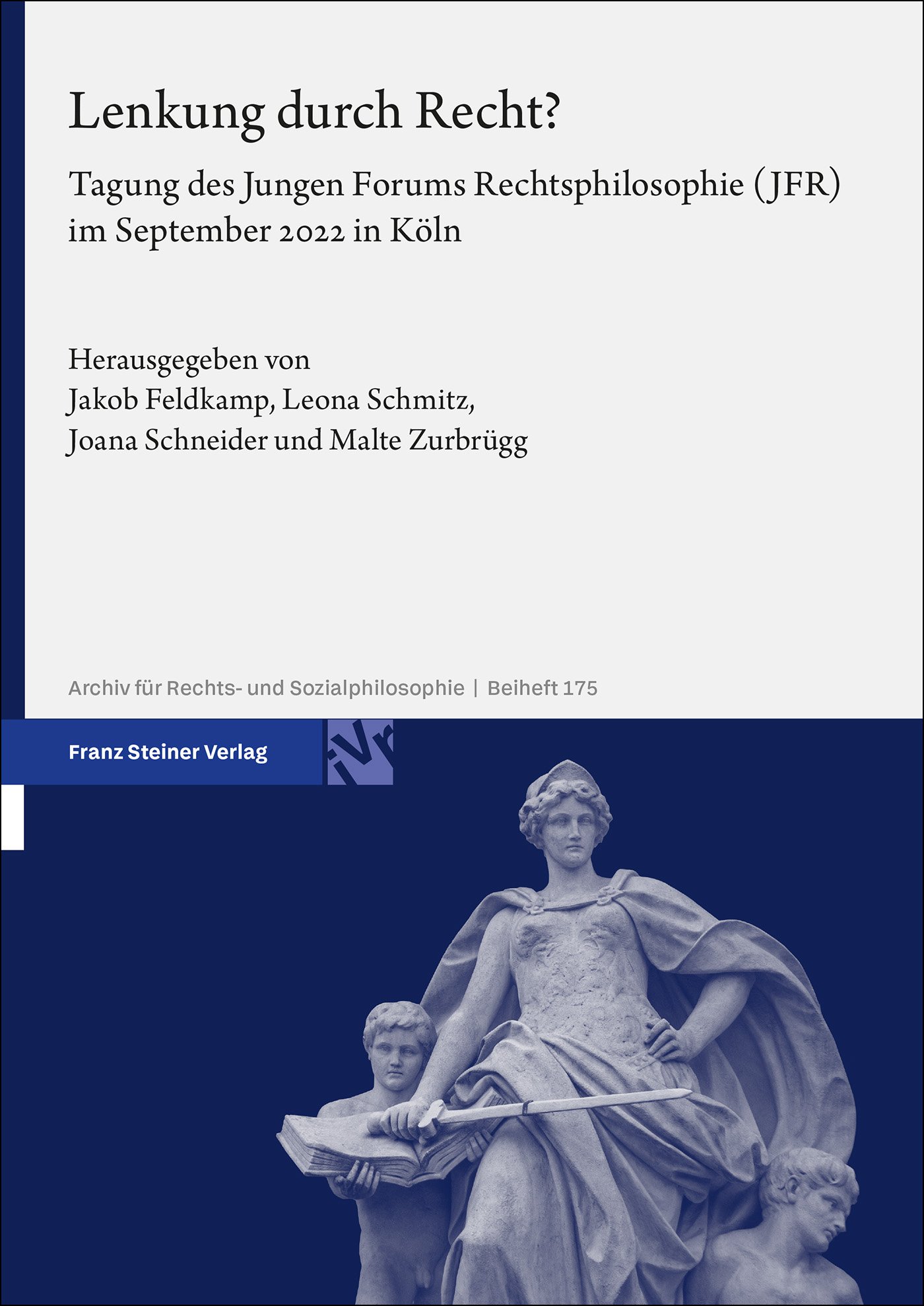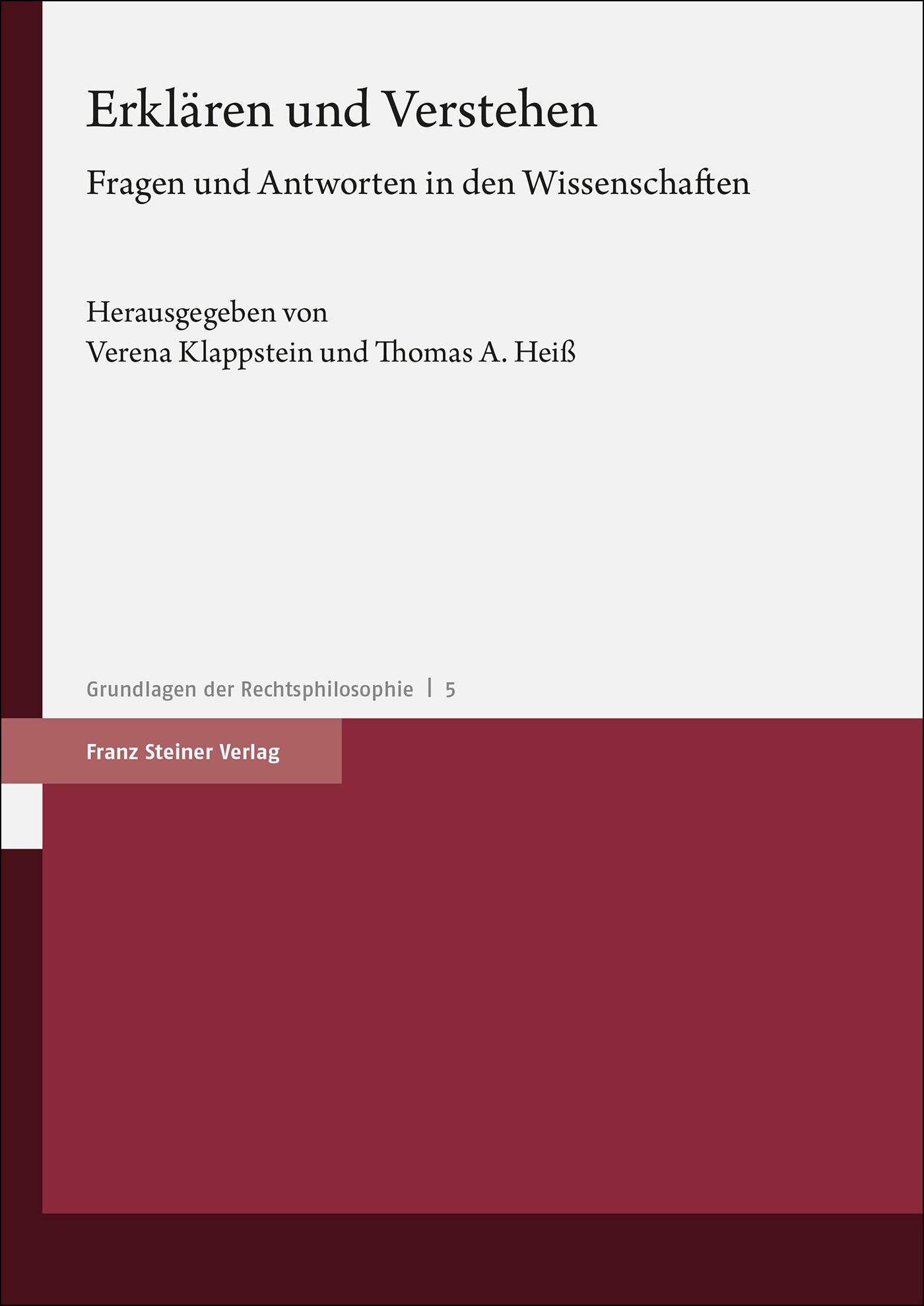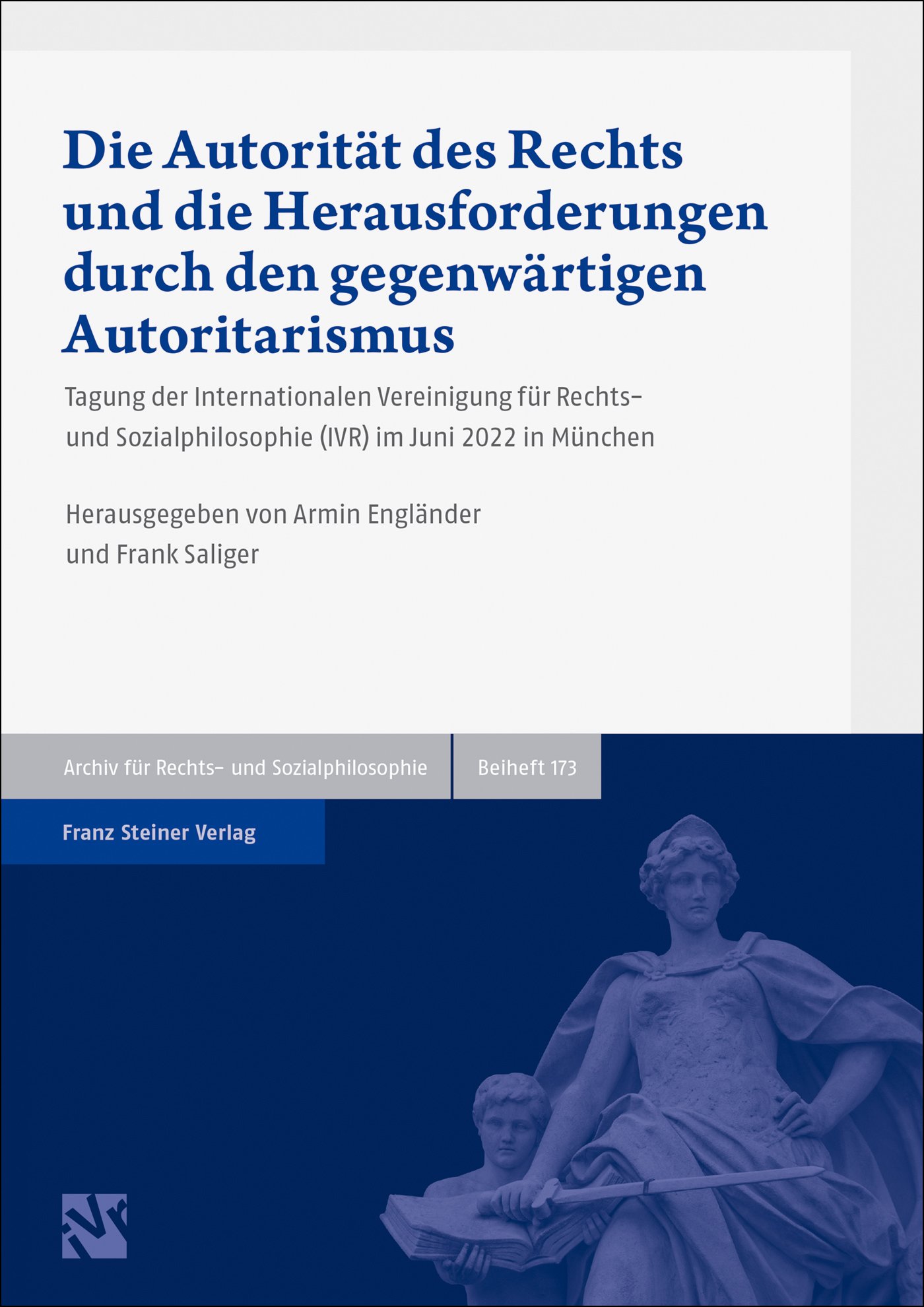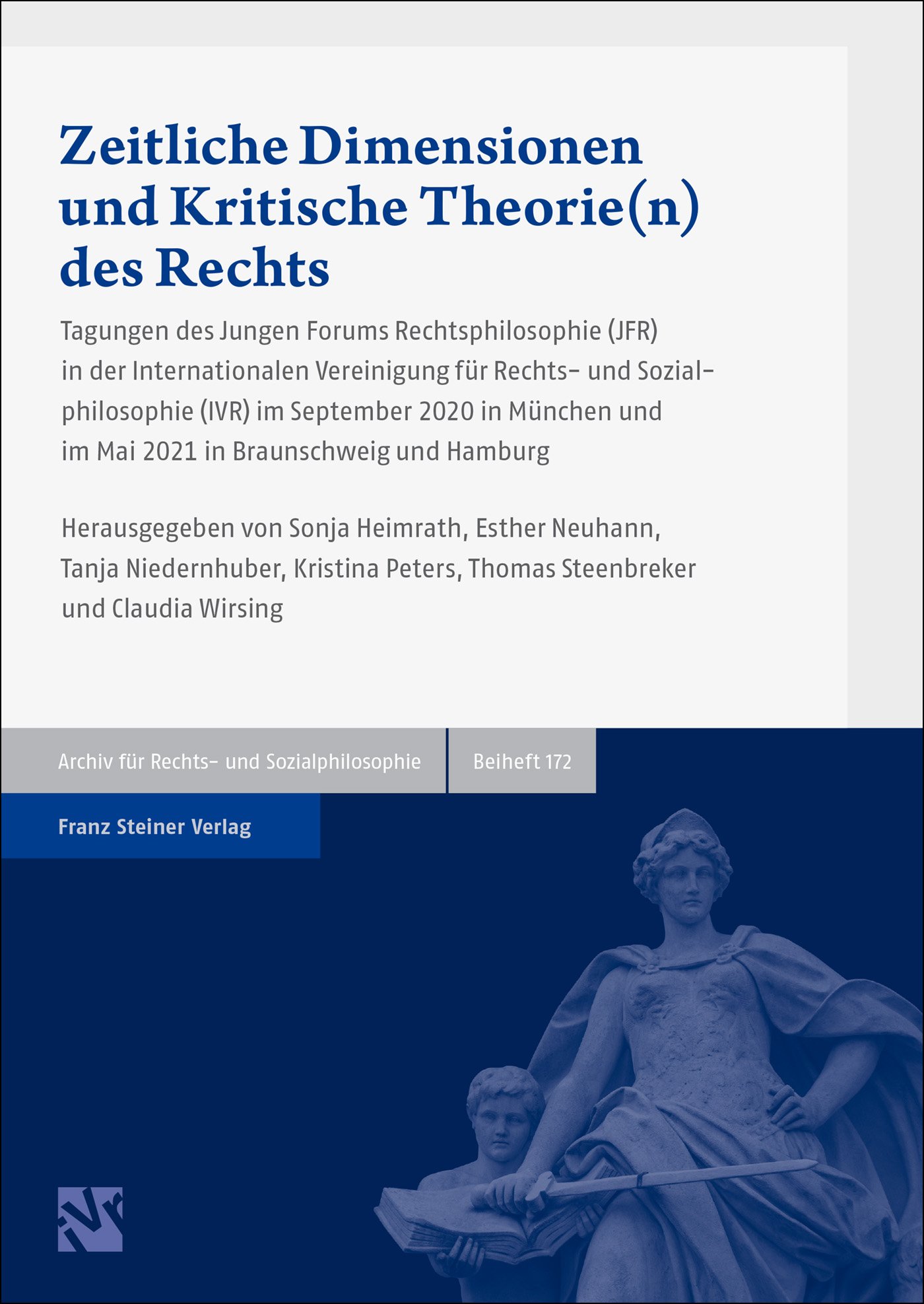The Role of Legal Argumentation and Human Dignity in Constitutional Courts
The Role of Legal Argumentation and Human Dignity in Constitutional Courts
The legal argumentation of constitutional courts, for instance on human dignity, has been in the centre of interest both from theoretical and practical perspectives. This book addresses the role of legal argumentation at first in general, covering empirical and comparative perspectives on constitutional argumentative practices. It also comprises a comparative assessment of constitutional argumentation versus the arguments deployed by other courts as well as by decision-makers. Secondly, the book focuses on how constitutional courts reason with human dignity. This concept takes many different shapes, though very rarely in an objective fashion. It is embedded in several western constitutions, although constitutional courts and scholars tend to disagree on its meaning and content. Finally, the book aims to shed light on the controversial topic of human dignity from a normative and philosophical perspective.
| Reihe | Archiv für Rechts- und Sozialphilosophie – Beihefte |
|---|---|
| Band | 157 |
| ISBN | 978-3-515-12235-1 |
| Medientyp | Buch - Kartoniert |
| Auflage | 1. |
| Copyrightjahr | 2019 |
| Verlag | Franz Steiner Verlag |
| Umfang | 239 Seiten |
| Abbildungen | 3 s/w Abb. |
| Format | 17,0 x 24,0 cm |
| Sprache | Englisch |
